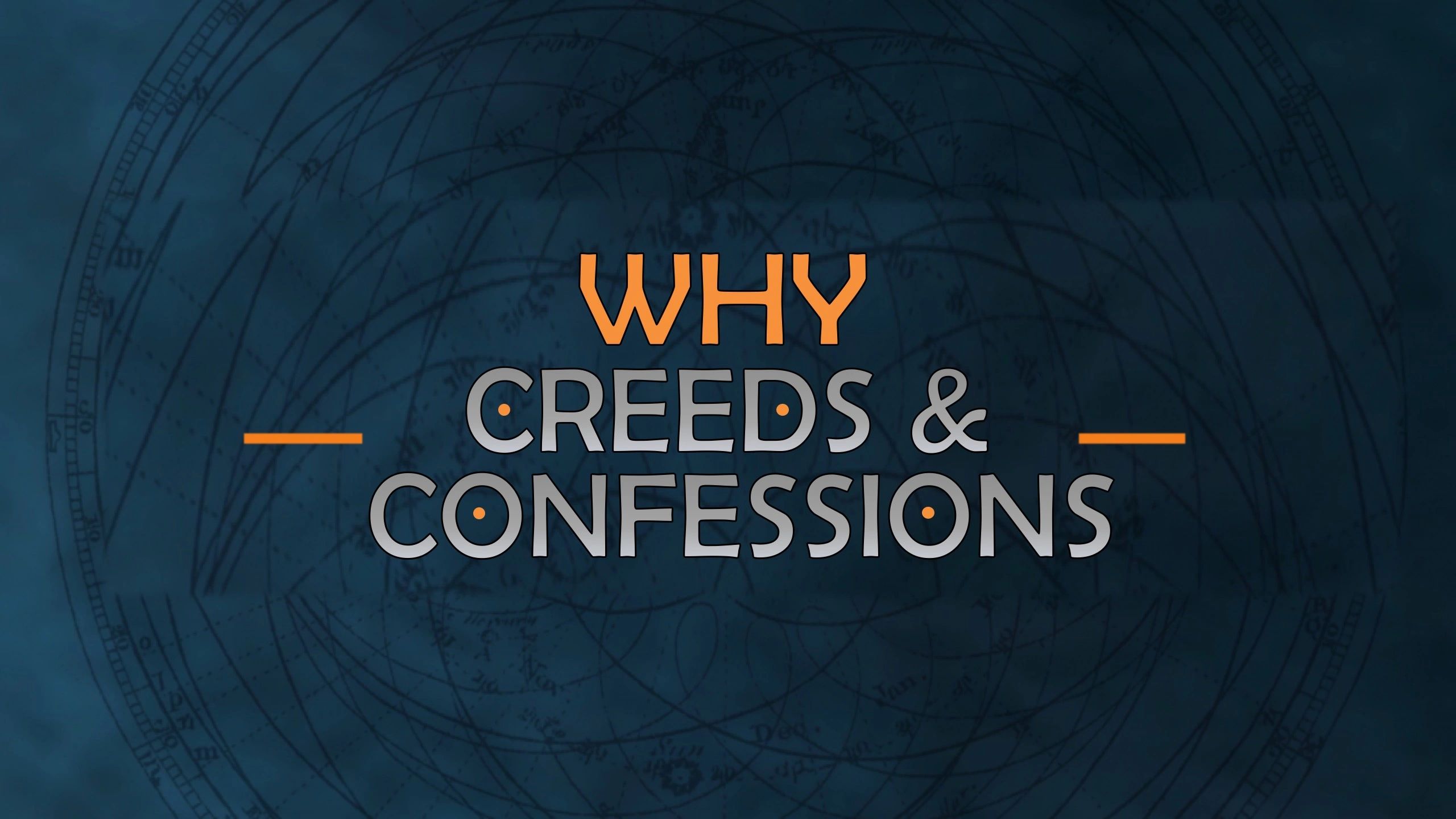Tradition is the fruit of the Spirit’s teaching activity from the ages as God’s people have sought understanding of Scripture. It is not infallible, but neither is it negligible, and we impoverish ourselves if we disregard it. — J. I. Packer
Last week we introduced our new series, “Confessions & Creeds,” exploring the ancient roots to the Christian faith. What is a creed and why should we know about them? Creeds are short summary statements of faith. The earliest creeds are thought to have been in circulation as early as 2 years after the death of Christ. See Dr. Gary Habermas explain this HERE.
Why are they important? It is hard to imagine life differently than what we know, but can you imagine life without being able to read or write? No access to smartphones, computers, or libraries? In the first century, most people were illiterate and lacked education. They needed to pass on information in ways that they could remember, like, songs, hymns, and spiritual songs (Eph. 5:19). Creeds were developed quickly to pass on the essentials of the faith. Robert Godfrey explains, “These creeds were designed to define the faith, protect the faithful, and testify to the world what the church believed.”
The Nicene Creed was established to defend the Christian understanding of the Trinity, the relationship between Father, Son, and Holy Spirit. When we recite this creed, we learn from those who came before us and fought to understand what the Scripture revealed about the God in whom we believe.
Not only is it difficult to imagine living at a time when reading and writing was not the normal experience, we also have a hard time imagining the majority of people believing in many gods. If you think back to the Ancient Greek and Roman periods, the people believed the legends of the gods on Mt. Olympus. Even beyond that, the cultures surrounding the times of the Old Testament believed in many gods and localized gods. For instance, when David fights Goliath in 1 Samuel 17, we see Goliath cursing David “by his gods.” David is angered by Goliath’s blasphemy and rebukes him (1 Sam. 17:41:47). This was common in the Ancient Near East.
The Jews were different than the surrounding cultures, for the believed the Word of the Lord, that God is one (Deut. 6:4-9; Ex. 20:3). Monotheism, belief in one God, was different and defining. The Christian teaching on God is summarized with the opening stanza of the Nicene Creed:
We believe in one God,
the Father almighty,
maker of heaven and earth,
of all things visible and invisible.
God is one. This one God has been revealed in the three persons of the Trinity: Father, Son, and Holy Spirit (1 Cor. 8:6; John 14:26; Matt. 28:18-20). Three persons, one essence. The Nicene Creed helps identify the Son and the Spirit as part of the godhead.
This God is revealed as the “Father Almighty.” He is a relational God who is involved with his creation. Jesus instructed us to pray to the Father (Matt. 6:9). Paul shows how we are adopted into His family and can come to God as our “Abba Father” (Rom. 8:15). James further shares with us that God the Father gives good gifts to his children (James 1:17). John tells us that everyone who believes in Jesus is a child of God (John 1:12).
This relational language sets the Christian faith apart from all religions, even other monotheistic religions. But this is just the beginning and first point of the Nicene Creed. I am looking forward to exploring it more, I hope you are too!


